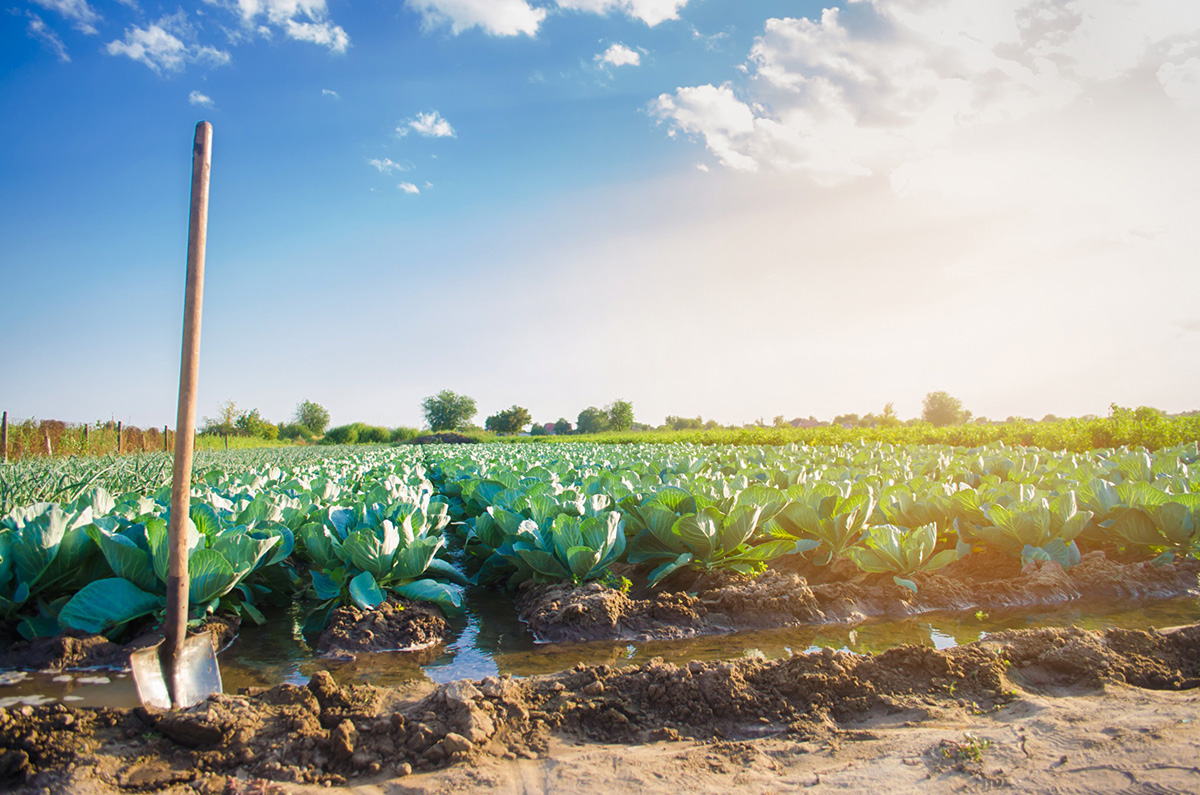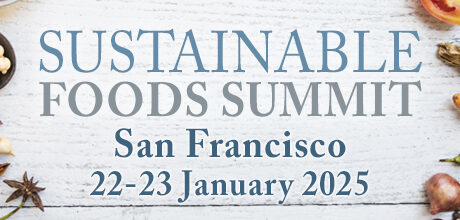The United Nations Climate Change Conference, better known as COP, took place from 11 to 22 November 2024, this time in its 29th edition. The meeting in Baku, Azerbaijan, brought together leaders and representatives from most of the world’s countries, together with specialists from the UN and other non-governmental organisations, but also large companies, banks and lobbies. It was a great opportunity for all actors in a context in which the problem of climate change is becoming increasingly evident at a global level and is being reproduced locally with phenomena such as floods, droughts and rising temperatures.
Azerbaijan: a controversial host country
Azerbaijan is a small country in the Caucasus that obtains close to 50% of its gross domestic product from the hydrocarbon industry, that is, from the extraction of oil and gas for external sale, with sales accounting for 90% of its total exports. Along these lines, its economic plan for the next decade highlights the objective of increasing its hydrocarbon production as the main driver of its economic growth.
Azerbaijan’s intentions with the hydrocarbon industry were never hidden, otherwise President Ilham Aliyev in his opening speech at COP29 stated that ‘oil is a gift from God’. Against this backdrop, a conference began in which the aim was to approve ‘budgets’, called the New Collective Quantified Goal (NCQG), with which ‘developing states’ could create or improve their plans to curb emissions
Lack of real commitment to the phase-out of fossil fuels
COP29 and organic production
As far as the organic sector is concerned, COP29 did not change its general line: disappointment. As mentioned above, the conference was very much focused on funding for plans to curb emissions. Therefore, issues related to organic production, energy transitions and sustainable consumption were put on the back burner even though they are of crucial interest as environmentally friendly and climate change mitigation models.
Once again, the capacity of production and consumption patterns as a tool for changing the climate crisis was underestimated. Thus, the fact that organic production is a crucial mechanism for reducing greenhouse gas emissions, and thus the main cause of rising global temperatures, i.e. one of the obvious effects of climate change, was overlooked. Its role in curbing food waste, in protecting water resources and ecosystems, and in promoting rural development – in short, it is the most environmentally sustainable option – was also not discussed.
However, in this line, it is worth highlighting the participation of the president of the Food and Agriculture Organisation of the United Nations (FAO), who argued the need to transform agri-food systems as an essential element for reducing emissions and creating fair societies.
The problems posed by global climate change are becoming increasingly evident
Major disappointments of COP29
Firstly, the absence of international leaders was notable, including Joe Biden (President of the United States), Ursula von der Leyen (President of the European Commission), Xi Jinping (President of the People’s Republic of China), Narendra Modi (Prime Minister of India), Vladimir Putin (President of Russia) and Lula da Silva (President of the Republic of Brazil), among others. Instead, they sent representatives of their governments, but they nevertheless gave a glimpse of the lack of priority that the great world powers were giving to the conference, as opposed, paradoxically, to the major catastrophes that climate change is causing.
As mentioned above, the event was attended by large companies, including representatives from the world of hydrocarbons, the main brands of the ‘fast fashion’ textile industry and large food companies, who represented their interests.
With regard to the final results of the conference, the approval of the New Collective Quantitative Collective Goal (NCQG) stands out, however, it is considered by most experts as insufficient, as it does not address the real needs of states to curb the current climate crisis and does not take into account the increase in future catastrophes if emissions reductions are not properly financed.
Another of the main issues at COP29 was the need for transparency on emissions and the effects of climate change. In this regard, only 13 states, including Spain, provided transparency reports. In this regard, there is still a long way to go, starting with a significant increase in the number of states that provide reports, but also by establishing clear guidelines for these reports to be truthful.
Finally, a major problem in the summit negotiations was the lack of real commitment to the elimination of fossil fuels. Starting with the host, among other countries, companies and lobbies present, for which the energy transition, the theme of COP28, was not a relevant topic for negotiation.
The capacity of production and consumption patterns as a tool for changing the climate crisis was once again underestimated
Main achievements of COP29
Within the framework of disappointment there are some positives from the summit. The approval of climate finance, with the capacity to increase in the future, is positive, as it recognises the need for joint financing to stop and mitigate climate change, accepting the global nature of the challenge, but at the same time recognising that ‘developed states’ must contribute in a way that is equitable to their economic capacities. In other words, it accepted the structural relationship between the capacity to reduce emissions and the economic capacity of countries, and thus the unequal relationship between states in tackling climate change.
In short, COP29 has left a bittersweet taste due to its lack of ambition in the negotiation, made evident by insufficient financing, the lack of commitment to the energy transition from hydrocarbons and the lack of political will, represented by the absence of leaders of international powers. In the same vein, it was also marked by the absence of recognition of organic production as a crucial tool for curbing climate change and as a mechanism for transitioning to a more environmentally sustainable world.
However, due to the serious situations we are facing due to climate change, examples of which we can see all over the world almost daily, we have an obligation to remain vigilant in future negotiations. The next summit will be in Brazil next year and it is expected that COP30 will set indicators and outcomes for the finance negotiated this year.
Bibliographical references:
FAO. (2024, December 3). COP29: La FAO afirma que la transformación de los sistemas agroalimentarios tiene soluciones para la crisis climática. FAO. https://www.fao.org/newsroom/detail/cop29–fao-says-agrifood-systems-transformation-holds-solutions-for-the-climate-crisis/es
Ministerio de Asuntos Exteriores, Unión Europea y Cooperación. (n.d.). Azerbaiyán: Ficha país. Gobierno de España. https://www.exteriores.gob.es/documents/fichaspais/azerbaiyan_ficha%20pais.pdf
Pacto Mundial. (2024, December 3). COP29: La financiación climática, un tema clave para la transición hacia un futuro sostenible. Pacto Mundial. https://www.pactomundial.org/noticia/cop29-financiacion-climatica/
UNFCCC. (2024, December 3). COP29 acuerda triplicar la financiación a los países en desarrollo, protegiendo vidas y medios de subsistencia. UNFCCC. https://unfccc.int/es/news/cop29-acuerda-triplicar-la-financiacion-a-los-paises-en-desarrollo-protegiendo-vidas-y-medios-de
Author: Gemma Isern, political scientist, master’s degree in international relations, security and development.
The article Disappointing COP29 again sidelines organic production appeared first on Bio Eco Actual.






